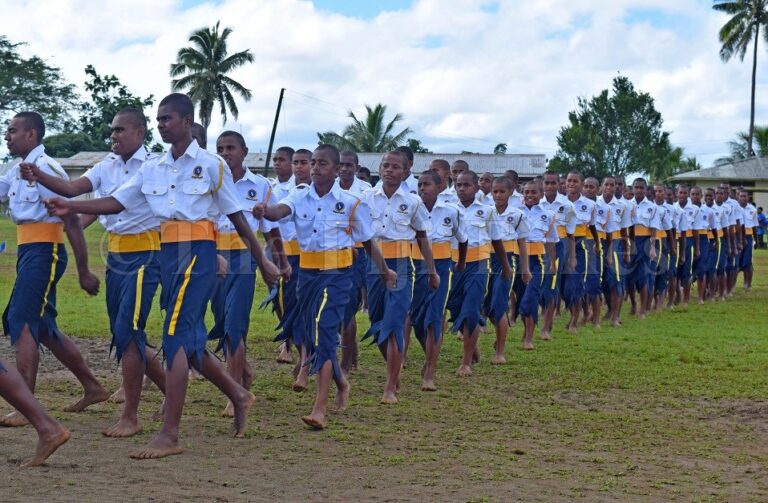No transport, no textbooks and no timetable — but a lot of hard work and discipline.
This was how former students remembered their school days while attending the Ratu Kadavulevu School (RKS) golden jubilee.
An article in The Fiji Times on August 5, 1974 said the school began in a small way as Provincial Eastern, in Lodoni, Tailevu in 1924.
Later, it absorbed its brother provincial schools and gradually developed its diverse education and training facilities for more than 500 students.
When Sakiasi Sovanivalu enrolled in 1926, there were 80 boys at the school.
He was the youngest at eight years old. In those days, the provincial schools ran on 10 pounds sterling a boy per year, plus the Government paid teachers’ salaries, which worked out about the same.
Running a school on that sort of money was difficult even then.
“Breakfast was bread — eight boys per loaf,” Mr Sovanivalu aid.
“For the main meal we had about 14 tins of meat mixed with rice to make a kind of water stew for all 80 boys and watery dalo. “The food was the main reason I ran away eight times,” he said.
The only transport was by coastal boat, so the runaways had to walk along bush tracks and swim rivers to get away.
The school had no timetable. The teacher just decided on whatever subject the boys would study that day.
Farming and growing food took up much of the time. The day began at 6am with an hour’s work in the gardens and finished with more farm work after school.
“Sometimes we had to work all day on the farm,” Mr Sovanivalu said.
He added the boys then still believed in a God who would kill on request, and would kneel behind a bush and pray for the supervising teacher to die so they could get off work.
Mr Sovanivalu who is now on the board of governors, said the school had no textbooks during his school days.
The students used New Zealand’s School Journal, if and when it arrived by boat. The new secretary for Education, Filipe Bole, was another RKS old boy.
He went to the school from 1949 to 1951.
“There used to be seven mango trees, one for each classroom block, with a third under construction, have replaced them. Mr Bole pointed to the hills behind the school.
“I remember clearing those and planting them with tavioka,” he said.
Mr Bole added the timetable then was a hit or miss affair.
He said by 1974 students had a full week’s program in both the trade and academic courses.
Mr Bole was enthusiastic about the technical course development at RKS and said he hoped to see it expand.



